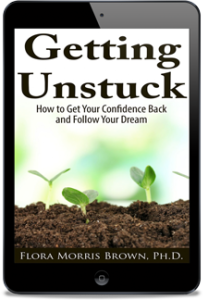Is so much thinking, researching and dwelling on happiness causing it to elude us?
In 2000 there were 40 books published on happiness. In 2008, when I was writing my book, Color Your Life Happy: Create the Success, Abundance and Inner Joy You Deserve, 4000 books on happiness were published.
Add to that the advent of the field of Positive Psychology and serious research by scientists, economists and others, and happiness has flooded our attention. It is a constant theme on television, major magazine articles, coaching, commercial jingles and of course, has found its way into smartphone apps. Yes, there’s an ap for happiness. Check it out at http://ruhap.com/
When Daniel Kahneman, psychologist and Nobel prize winner, spoke at TED, he addressed this issue in The Riddle of Experience v.s. Memory. He concludes that there are three cognitive traps surrounding happiness:
1. We are reluctant to admit complexity because we overuse the word “happiness.” We apply it to so many things that cause the term to become diluted.
2. We confuse experience and memory in which we don’t differentiate between being happy “in” our lives v.s. being happy “about” or “with” our lives.
3. We suffer from a focusing illusion. We distort the importance of happiness by dwelling on it.
Watch the video to get the full story, then share your take on this in the Comments.
“Remembering self” v.s. the “experiencing self”

 My mother often greeted her same-age holiday guests by quickly saying “Christmas gift” before they could say it. Then they would giggle. My childhood mind couldn’t find humor or sense in this practice, but recently I learned its origin.
My mother often greeted her same-age holiday guests by quickly saying “Christmas gift” before they could say it. Then they would giggle. My childhood mind couldn’t find humor or sense in this practice, but recently I learned its origin.

Recent Comments